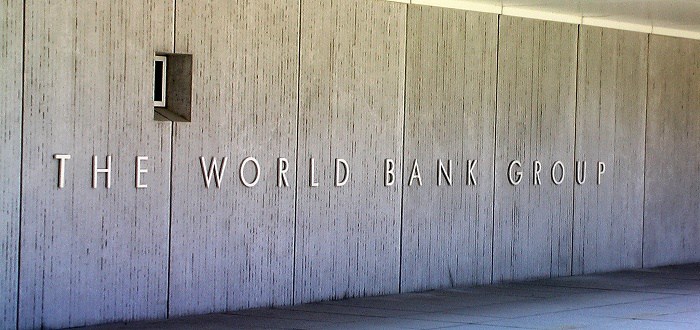 The World Bank’s Task Team Leader, in charge of Better Education Service Delivery for All (BESDA), Hajiya Aisha Garba has threatened to withdraw its $611 million loan granted to the Nigerian government.
The World Bank’s Task Team Leader, in charge of Better Education Service Delivery for All (BESDA), Hajiya Aisha Garba has threatened to withdraw its $611 million loan granted to the Nigerian government.
The $611 million loan was released to the Nigerian government, to support the country’s Universal Basic Education (UBE) programme.
“We released this fund to assist the 36 states including the FCT but failure to used it and achieved the good results, the World Bank will retrieve the Money,” Garba added.
About the UBE programme
The Universal Basic Education (UBE) programme was introduced in 1999 by the Federal Government . Its objectives include:
- Ensuring an uninterrupted access to 9-year formal education by providing FREE, and COMPULSORY basic education for every child of school-going age comprising six years of Primary Education, and three years of Junior Secondary Education.
- Reducing school drop-out and improving relevance, quality and efficiency; and
- Acquisition of literacy, numeracy, life skills and values for lifelong education and useful living.
A Dire State
The World Bank Human Capital Report released late last month gives a bird’s eye view of the poor state of education in the country.
- A child born in Nigeria today will be 34 percent as productive when he/she grows up as they could be if they enjoyed complete education and full health.
- Students in Nigeria score 325 on a scale where 625 represents advanced attainment and 300 represents minimum attainment.
- Children in Nigeria can expect to complete 8.2 years of preprimary,primary and secondary school by age 18.
However, when years of schooling are adjusted for quality of learning, this is onlyequivalent to 4.2 years: a learning gap of 4 years.











